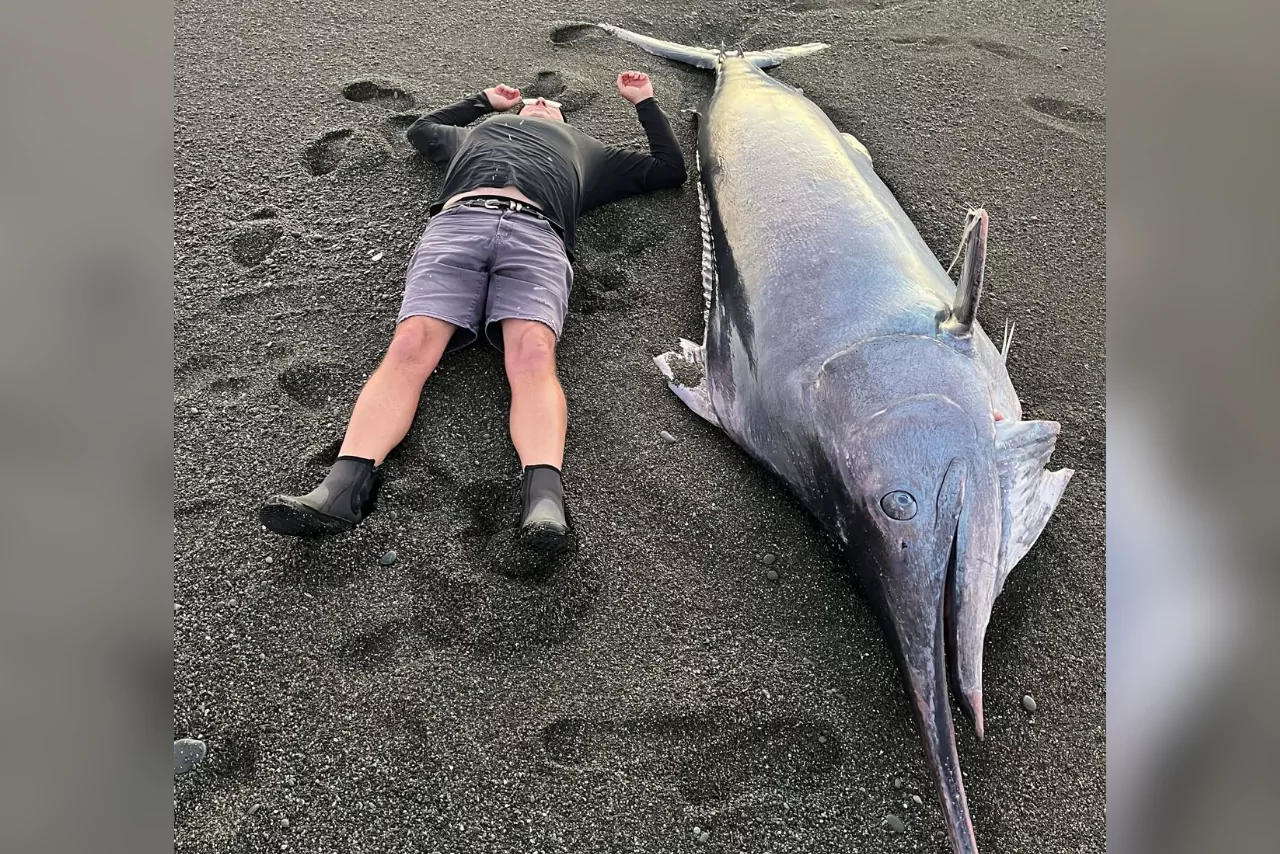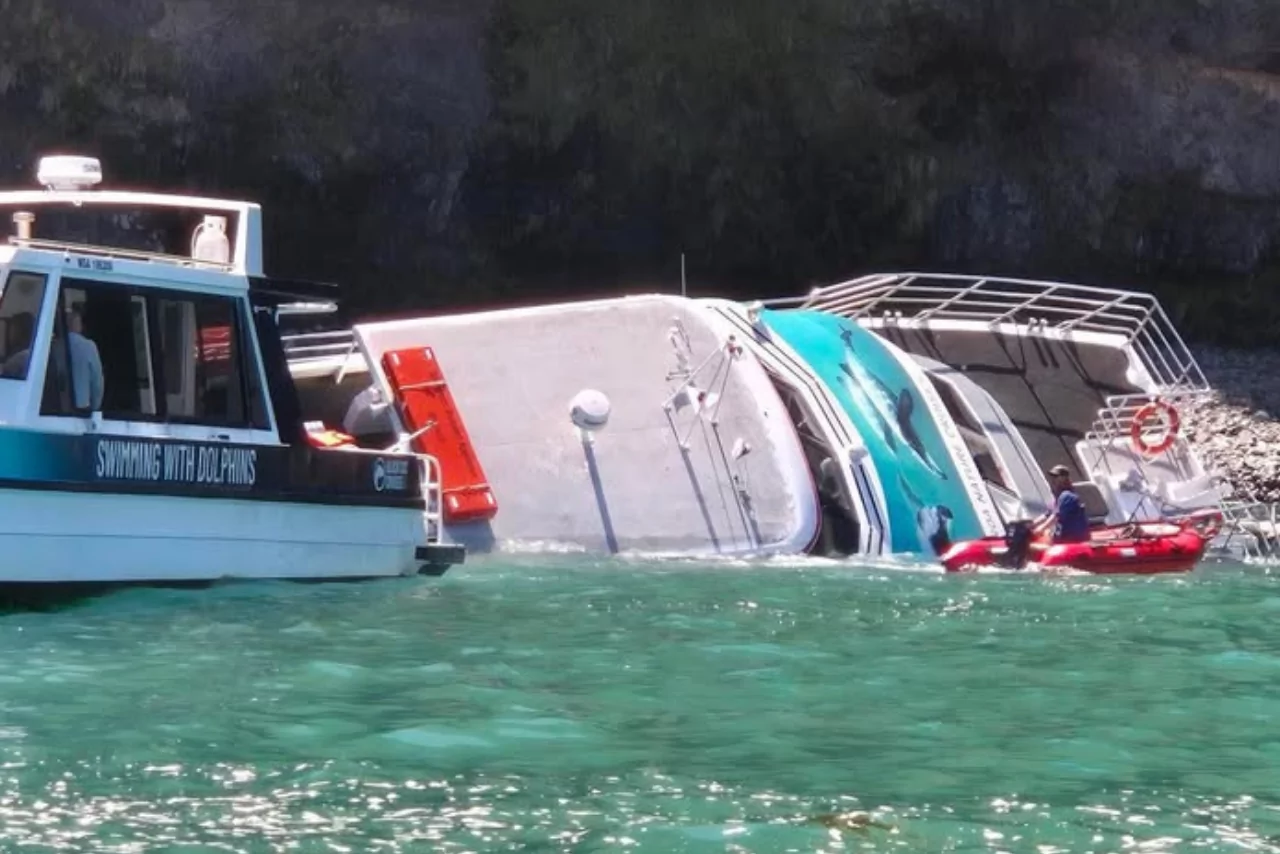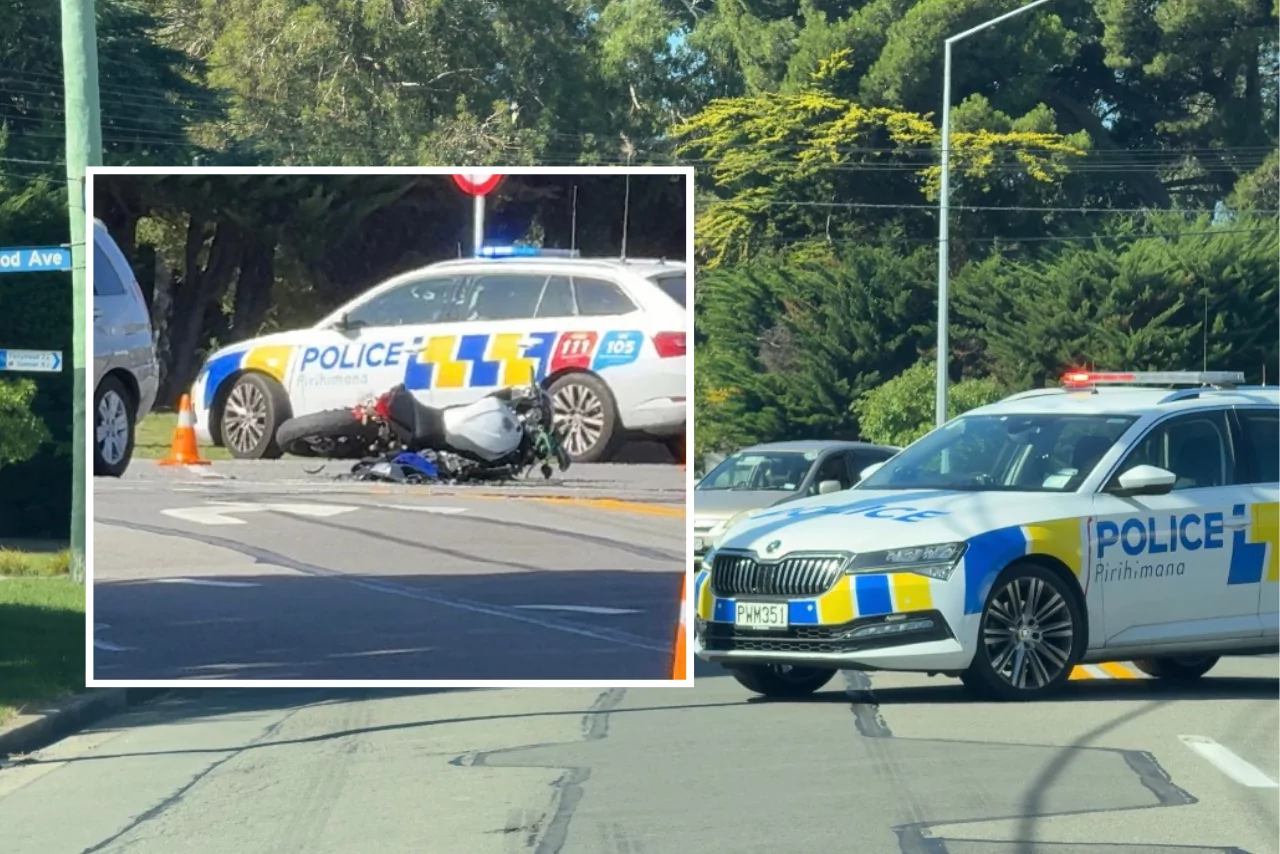Escaped youth tracked by Eagle helicopter, found hiding in New Brighton
The young person who escaped from a youth justice facility in Rolleston has been located...
Managed isolation charges for returnees will come into force from 12.01am Tuesday 11th August.
Minister Megan Woods says “the new charging system balances the rights of New Zealanders to return home and helps reduce pressure on the managed isolation and quarantine system, while recovering some of the costs from those who choose to leave and enter the country on holidays or business trips.”
“Anyone who needs to come home but cannot afford the charges will still be able to come home.”
“Exemptions are available for certain groups of people and waivers from charges are possible on a case-by-case basis for undue financial hardship and in special circumstances (such as compassionate grounds).”
New Zealand citizens and residents currently overseas are not liable for charges if they are returning home permanently.
Temporary visa holders who were ordinarily resident in New Zealand before the border was closed on 19 March, are not be liable for a charge on their return if they were out of the country on 19 March (unless they are a critical worker).
New Zealanders who come home temporarily (for less than 90 days) and those who go overseas after regulations come into force and return at a later date, will be charged for managed isolation and quarantine, unless they are exempt or are granted a waiver from payment.
The charges cover less than half of the average total costs for managed isolation and quarantine. For a single person in a room, the charge is $3,100. Additional adults or children sharing that room will be charged $950 and $475 respectively and including GST.
You can find out more information on www.miq.govt.nz
Since March, more than 30,000 people completed their stay at a managed isolation facility or quarantine and have returned to their loved ones and friends. The Government has covered the costs of accommodation, food, basic laundry and airport transfers with total funding of $499 million (including $20 million in operational funding for MBIE) until the end of year. However current forecasts indicate more money will be required by October.
There are 31 managed isolation facilities currently operating around the country.
· Any New Zealander who is currently overseas and enters New Zealand after the regulations come into force and stays for less than 90 days will be liable for charges, unless they are exempt or qualify for a waiver.
· Any New Zealander who leaves New Zealand after the regulations come into force (eg for a holiday or business) will be liable for charges when they return, unless they are exempt or qualify for a waiver.
· Everyone entering New Zealand on a border exception as a critical worker will have to pay. In many cases, their employers will pay their managed isolation and quarantine costs.
· Other temporary visa holders are liable for the charges, unless they were ordinarily resident in New Zealand at the time the border closed and departed New Zealand on or before 19 March 2020.
Partners, dependent children and legal guardians who are isolating or travelling with someone who is exempt from paying charges (unless they are entering under a critical worker border exception)
Someone in New Zealand who goes into managed isolation to care for a person who is exempt from charges
Anyone travelling to New Zealand to attend the sentencing of the person convicted of the Christchurch mosque attacks
Refugees, including claimants, protected persons and applicants under the special immigration category for victims of domestic violence, when they enter New Zealand for the first time
Anyone entering New Zealand after a medical air transfer or rescue at sea
Patients travelling as part of the Ministry of Health’s High Cost Treatment Pool or the Ministry of Foreign Affairs and Trade’s New Zealand Medical Treatment Scheme
New Zealand citizens ordinarily resident in the Cook Islands, Niue or Tokelau who are travelling to New Zealand for medical treatment
New Zealand citizens ordinarily resident in the Cook Islands, Niue or Tokelau, travelling from a third country through New Zealand (staying less than 90 days) in order to return to the Cook Islands, Niue or Tokelau (staying at least 90 days)
People being deported to New Zealand, defined as “returning offenders” (in the Returning Offenders (Management and Information) Act 2015 and any New Zealand citizen deported from Australia.
Diplomats and consular staff, including their families, and official government representatives.
Waiver applications will be considered case-by-case.
They will be available in cases of undue financial hardship and other special circumstances, including:
A New Zealander entering managed isolation because they left New Zealand to accompany a vulnerable or disabled person back to New Zealand
Someone needing to travel to or from New Zealand to receive medical treatment.
Other compassionate grounds, including when a person has travelled to visit a seriously ill or dying close relative or attend a funeral or tangihanga (whether in New Zealand or overseas).


